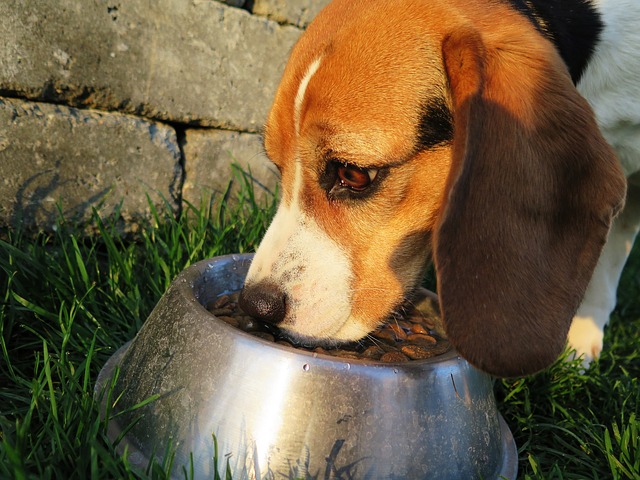
When it comes to dog food, you’ll find there are a dizzying number of options on the market. Walk down any pet store aisle and you’ll see bags and cans boasting different ingredients, nutritional claims, and branding. It can be tricky to cut through the noise. Start by doing some research on what experts say dogs need in their diet. Look at nutritional guidelines from veterinary groups as well as studies on dog foods. This will give you a solid baseline for comparison as you evaluate different formulas.
Consider Your Dog’s Needs
While all dogs require the same basic nutrients, your individual dog may have some unique dietary needs. Take into account their life stage, activity level, and any health issues. Puppies need food specially formulated for growth. Senior dogs may benefit from formulas designed for joint health and lower calories. If your dog is very active, look for energy-packed foods. For health issues like allergies or obesity, your vet can recommend specialized options tailored to them. Keeping your dog’s particular requirements in mind will help you find a food suited to their lifestyle and body.
Read the Ingredients
Flip bags and cans over and read the ingredients list carefully. This will tell you what’s really going into your dog’s meals. Look for recognizable, whole-food ingredients like meat, vegetables, and grains. Meat should be the first ingredient. Watch out for by-products, artificial preservatives, high sodium content, and fillers like corn. A shorter, simpler list is often better. You want real, natural foods rather than a sea of mysterious additives. Comparing the ingredients between a few leading brands can be eye-opening.
Understand Nutritional Standards

One way to evaluate any dog food is to check if it meets standards set by the Association of American Feed Control Officials (AAFCO). This organization determines nutritional profiles foods should contain to fully nourish dogs. An AAFCO statement on the label tells you if the food is formulated according to their guidelines. Going further, some foods undergo feeding trials to prove the food supports normal health over time. For the highest quality, look for foods with this proof. These standards give you assurance you’re getting food with your dog’s nutrition in mind.
Consult Experts
Your vet, breeders, trainers, and groomers have seen hundreds if not thousands of dogs. They have a wealth of experience on which foods reliably deliver results. Ask them what brands they recommend and why. Get their perspectives on ingredients and nutritional philosophies. Their real-world expertise from working closely with dogs can provide great insight. Likewise, other pet owners are happy to share what’s worked for their pups. Check reviews and ask friends about foods their dogs thrive on.
Take Budget Into Account
There’s a wide range of prices when it comes to pet food. Consider how much you’re able to spend monthly. Higher quality foods made with premium ingredients tend to be more expensive. Very cheap foods are usually highly processed and lack nutrition. Still, there are excellent options at mid-range prices. Making savvy choices allows you to get maximum quality within your budget. Consider buying in bulk or looking for sales to save. Feeding your dog well doesn’t have to break the bank.
Transition Slowly
Once you’ve selected a new food for your dog, mix it gradually with their old food. Sudden changes can upset their stomach. Over 7-10 days, shift from a 75/25 to 50/50 to 25/75 ratio until they’re eating just the new formula. Take it slow especially for sensitive tummies. Monitor them for signs the food doesn’t agree with them like vomiting or diarrhea. Adjust accordingly until you find the right fit. Patience prevents an abrupt food change from causing digestive distress.
Pick Food for Pooch
Picking out dog food takes some work. But ensuring your pup gets the right nutrition will pay off with their good health and happiness. Follow these tips to find a formula tailored just for them. With all the options out there, you’re sure to discover a food they’ll gobble up at mealtime.







